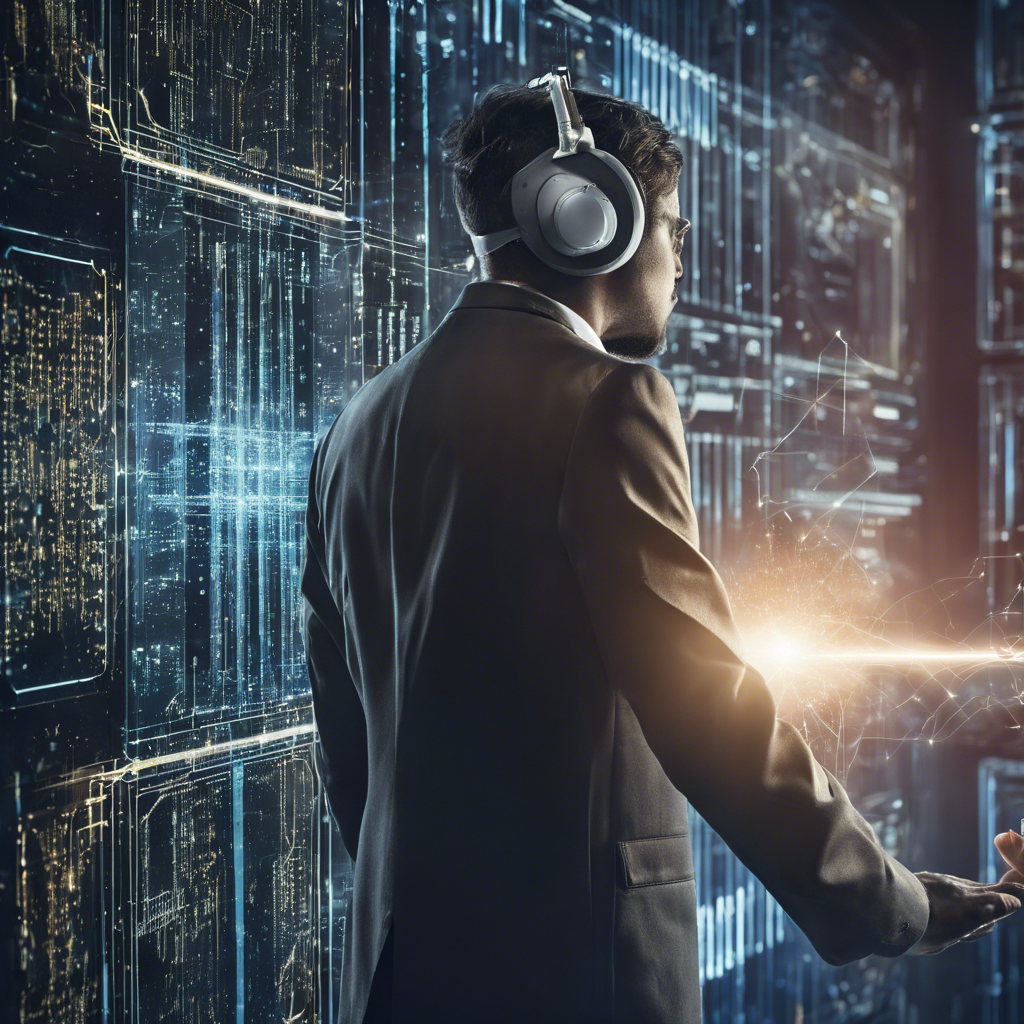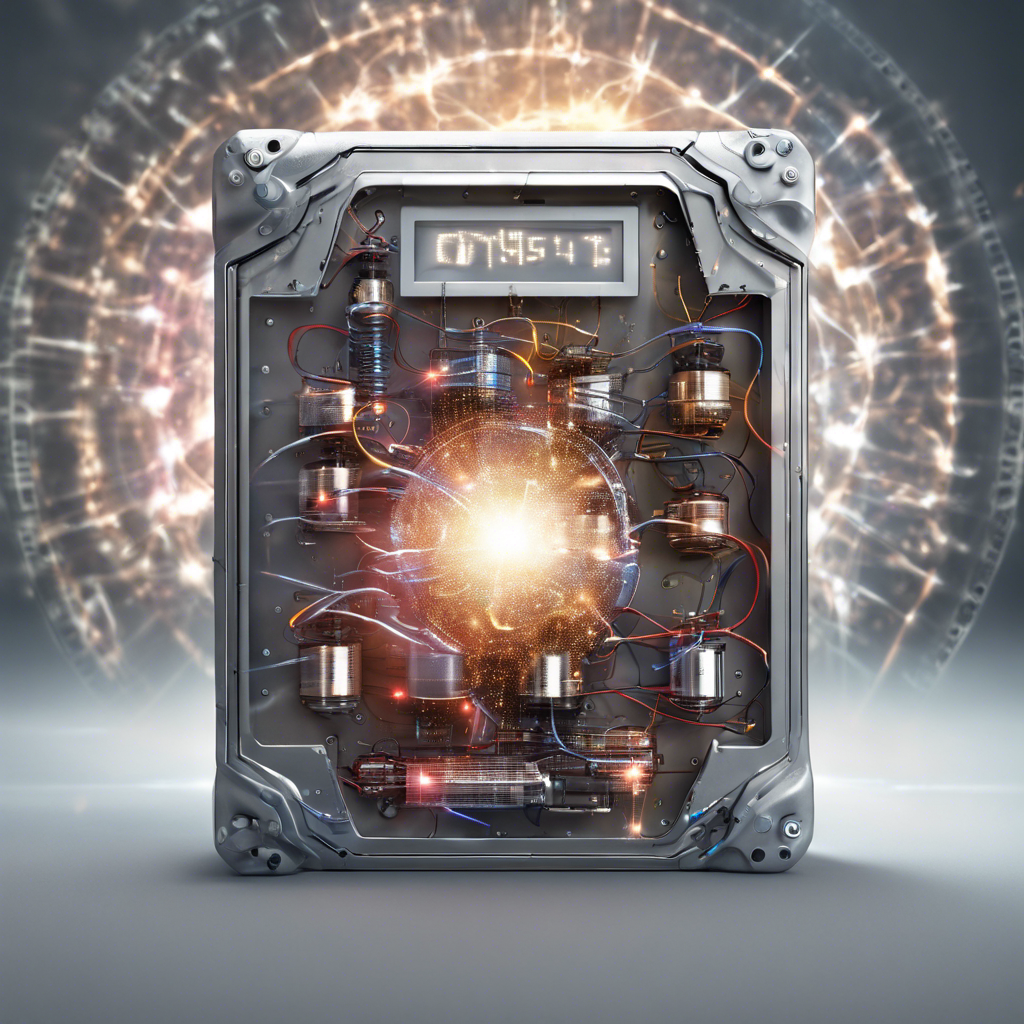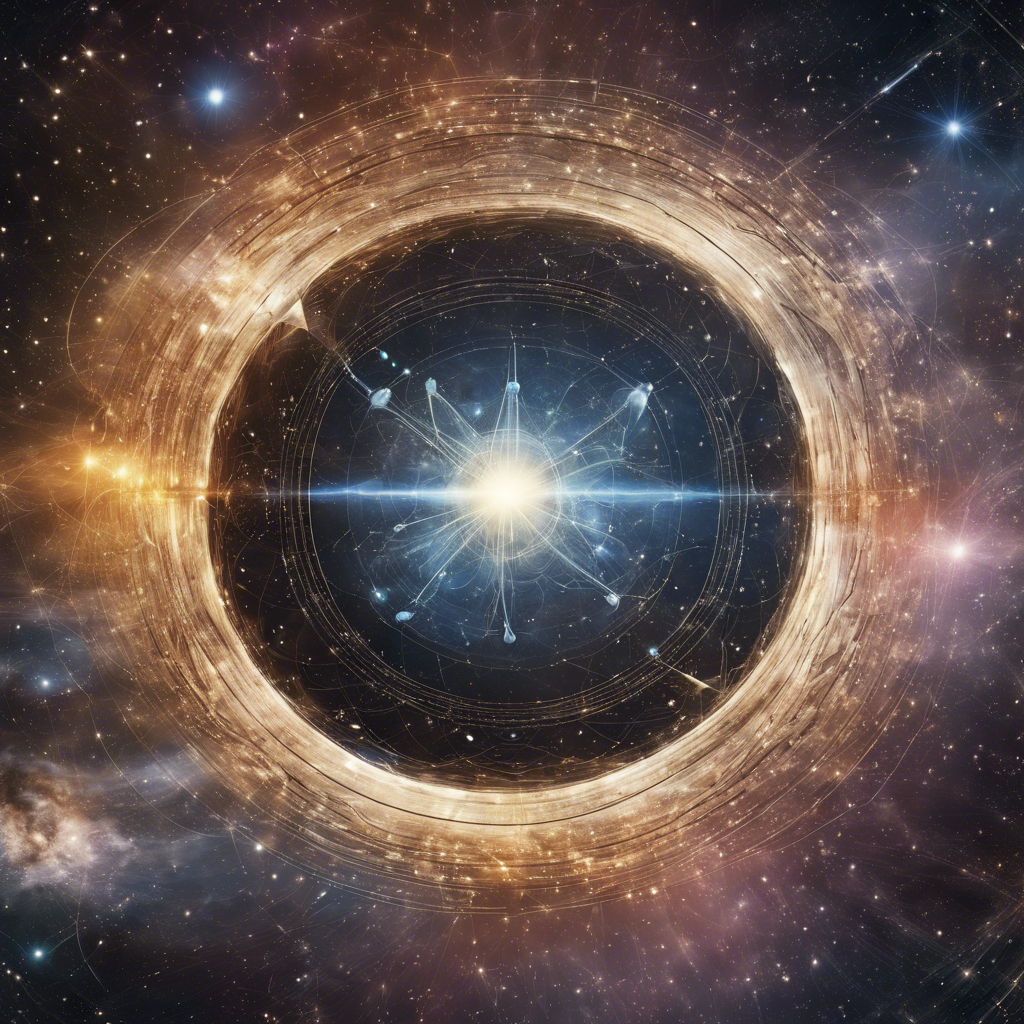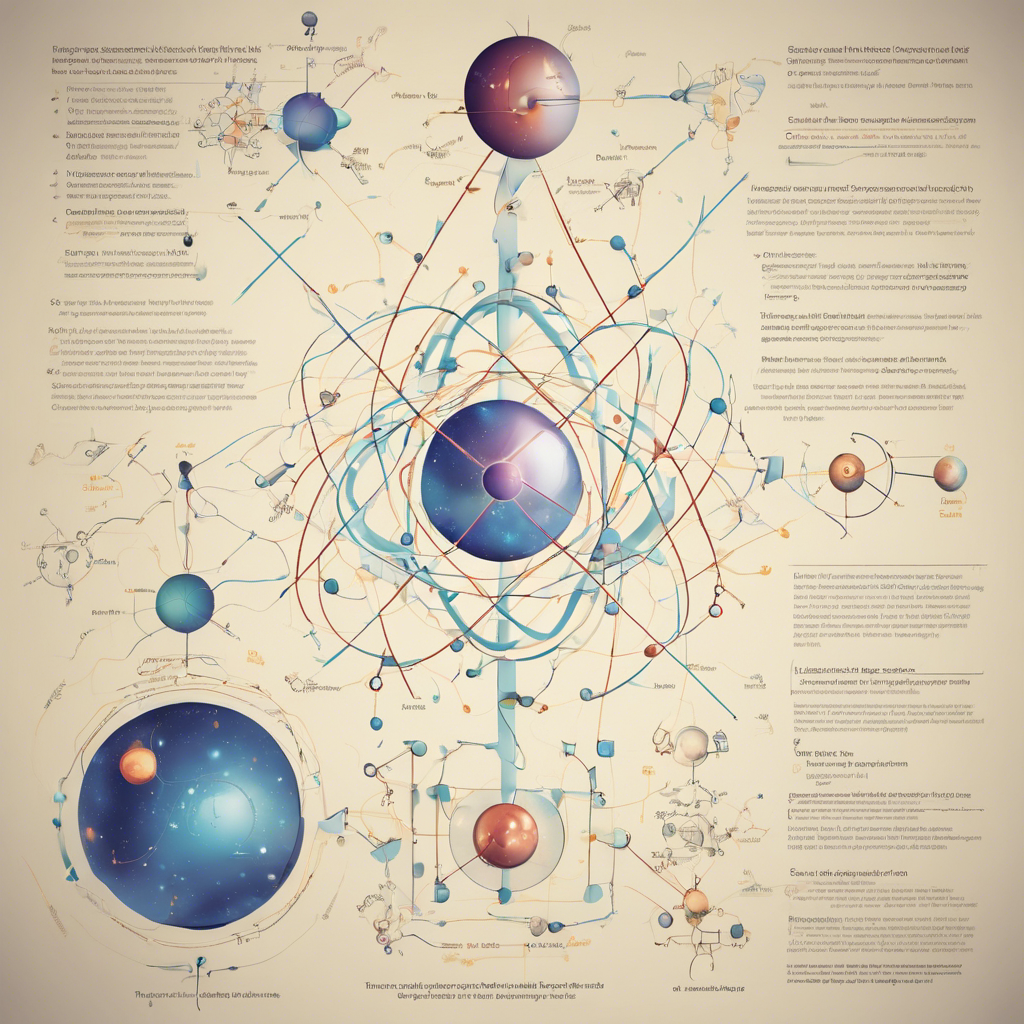Researchers from the Vienna University of Technology discover a trade-off in time-keeping devices that could set a hard limit on the performance of large-scale quantum computers.
Quantum computers have long been hailed as the future of computing, promising to solve complex problems at an unprecedented speed. However, a recent discovery by researchers from the Vienna University of Technology suggests that there may be a fundamental trade-off that could hinder the development of these powerful machines. The trade-off revolves around the way time-keeping devices operate and could potentially set a limit on the performance of quantum computers in the future.
The Nature of Time and its Limits:
Time, as we perceive it, is bound by the limits of physics. One of these limits is the resolution with which time can be split. According to theories on the basic functions of the Universe, measures of any event shorter than 5.39 x 10-44 seconds do not make sense. This poses a challenge as quantum computers require precise time measurements to carry out computations.
The Connection Between Entropy and Time Measurement:
In their recent theorem, the researchers from the Vienna University of Technology highlight the connection between entropy and time measurement. Entropy, which is the measure of disorder or chaos in a system, is closely related to the progress of time. As time progresses, the Universe moves from a highly ordered state to a chaotic one. This connection means that time measurement is inherently linked to entropy.
The Trade-Off: Speed vs Precision:
The researchers explain that there is a trade-off between the speed and precision of time measurement. In other words, a clock can either work quickly or work precisely, but it cannot do both simultaneously. This trade-off becomes a significant challenge for quantum computers, which rely on the precise timing of quantum particles to carry out computations.
Implications for Quantum Computing:
While the limitations of time measurement may not be a major issue for everyday timekeeping, it becomes critical for technologies like quantum computing. As the number of particles involved in quantum computations increases, the risk of errors caused by deviations from the quantum critical state also rises. This means that timing becomes crucial for the success of quantum computations.
The Role of Other Factors:
Currently, the accuracy of quantum computers is limited by various factors, such as the precision of the components used and electromagnetic fields. However, the researchers’ calculations show that we are approaching a regime where the fundamental limits of time measurement could become the decisive factor in the accuracy of quantum computers.
Conclusion:
The recently discovered trade-off in time-keeping devices poses a potential limitation on the performance of large-scale quantum computers. While other factors currently limit the accuracy of quantum computers, the fundamental limits of time measurement could become a significant obstacle in the future. Further research and advancements in quantum computing may improve stability and reduce errors, but only time will tell how powerful these machines can truly become.











